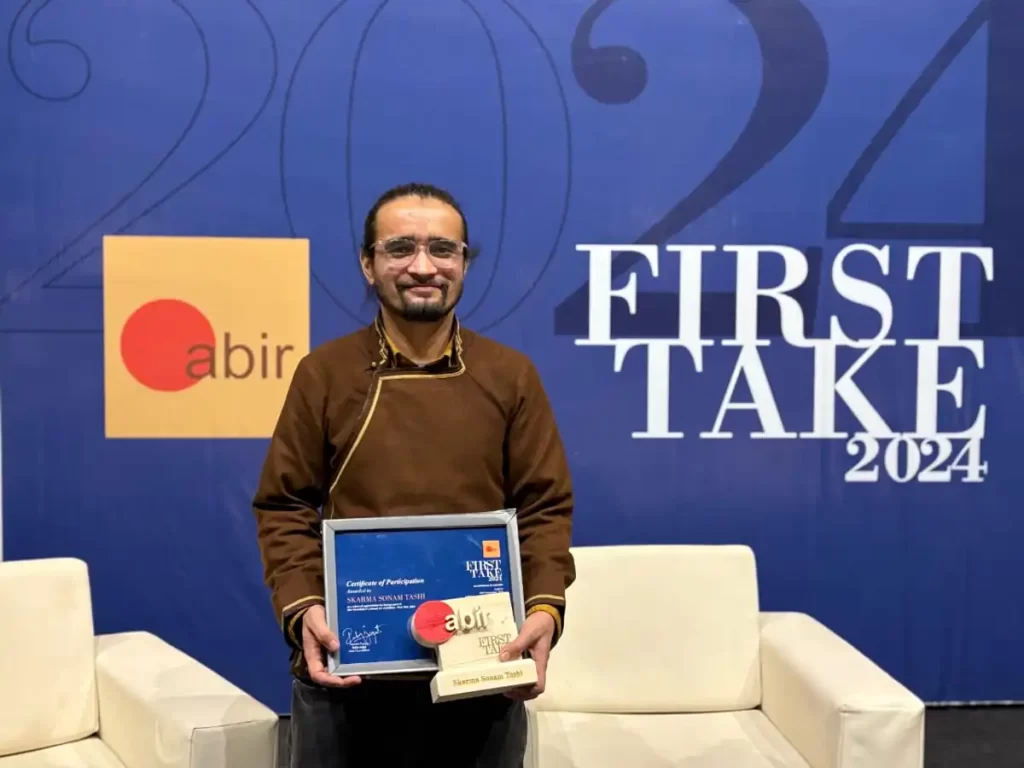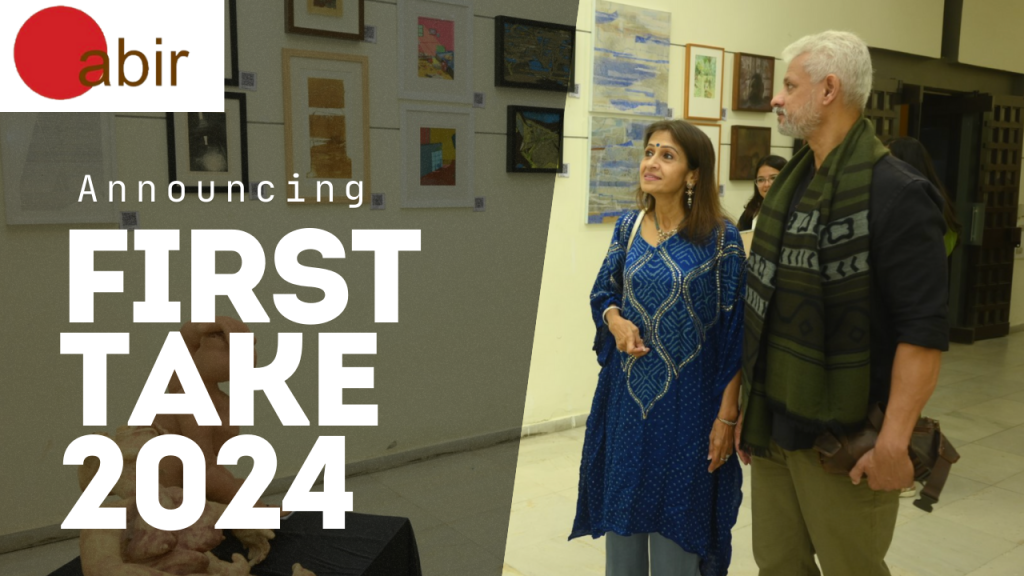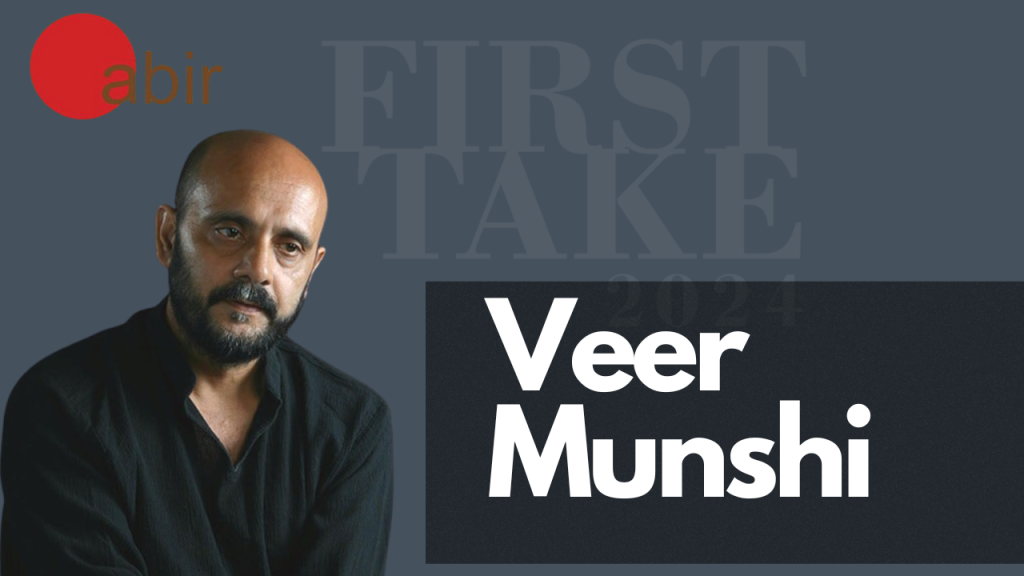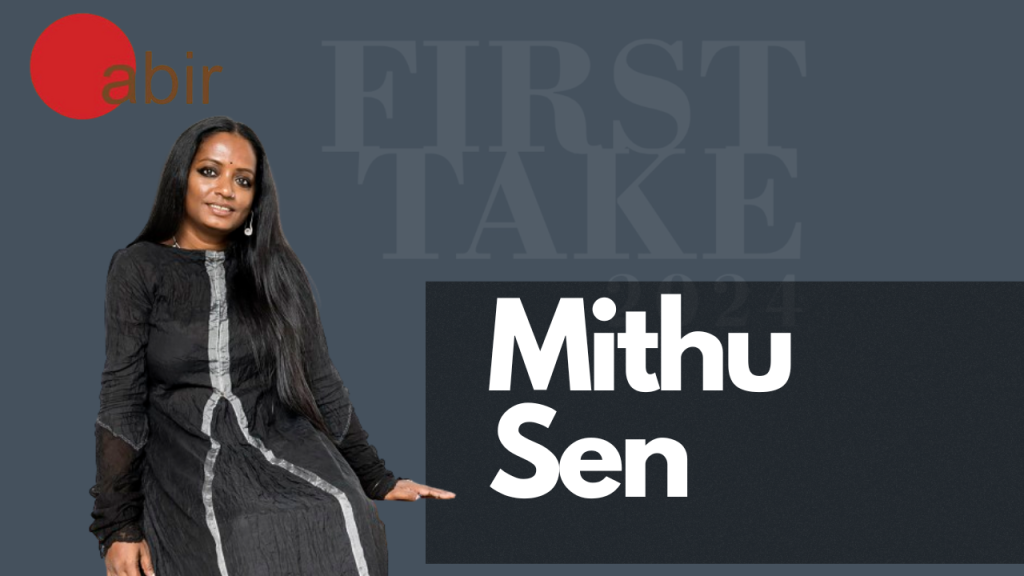Introduction
Born in 1997 in Sapi, a small village in Ladakh’s Kargil district, Skarma Sonam Tashi has become a prominent voice in contemporary Indian art. The recipient of multiple prestigious awards, including the Lalit Kala Akademi Scholarship and the Art for Hope Grant, he is among the 10 winners of Abir India’s First Take 2024. This not only acknowledges his artistic excellence but also his dedication towards environmental sustainability and the preservation of Ladakhi culture.
Tashi received his Bachelor of Fine Arts from the Institute of Music and Fine Arts at Jammu University and an MFA from Kala Bhavan at Vishva-Bharati University, Shantiniketan. His pastoral upbringing influenced both his education and style, the two becoming inseparable elements of his art: a reflection of Ladakh’s landscapes and culture.
Works Awarded in First Take 2024
Two of Tashi’s sculptures, made of papier-mâché, clay and cardboard, were chosen for First Take 2024. These works reflect his signature style of marrying recycled materials with delicate craftsmanship to resonate with the architectural and natural beauty of Ladakh. Their complex textures and earthy tones succinctly represent Ladakh’s sensitive ecosystems and the global demand for sustainable practices. His use of materials, made from egg trays, old notebooks and cardboard, repurposes quotidian refuse as materials for tender artistic utterances, redoubling the importance of environmental fragility and resilience.
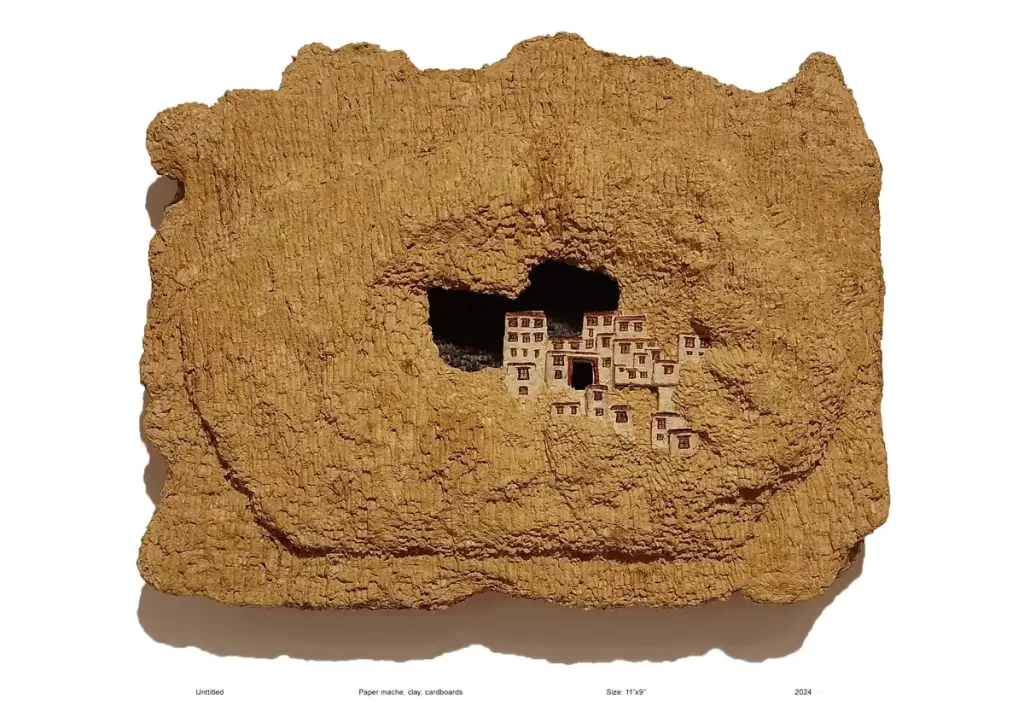
Tashi’s art — story and purpose
Tashi’s work is intensely personal, rooted in his upbringing in the ever-holy (and sometimes harsh) landscape of Ladakh. As well as drawing on the region’s traditional architectural forms, built using locally sourced materials such as sun-dried bricks, stone, and rammed earth, all the buildings take advantage of canvas, which both gives shelter and brings exotic adventure. His art strives to connect the points between Ladakh’s sustainable heritage and modern-day ecological dilemmas.
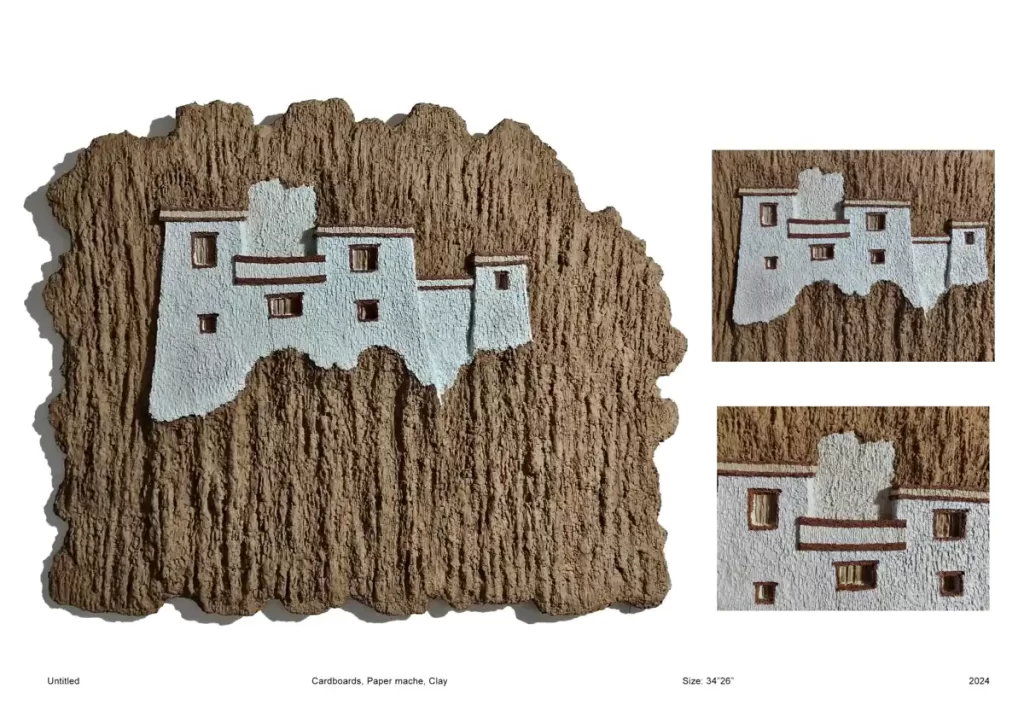
Fragility is at the heart of Tashi’s artistic philosophy and one of the ideas that he discusses through his use of ephemeral materials. Through this reincarnation of waste into art, he honors Ladakh’s traditional building practices while amplifying the importance of protecting fragile ecosystems. His work often explores the duality of strength and vulnerability, mirroring Ladakh’s harmonious yet fragile relationship with its landscape.
Key Themes and Achievements
Tashi’s art explores sustainable living, climate change and cultural identity. He has also showcased Ladakhi artists at the India Art Fair’s 15th edition in the Sa Ladakh initiative, contributing to the contemporary art landscape. Furthermore, his participation in the Sa Ladakh land art exhibition in 2023, the highest contemporary land art exhibition in Asia, displayed his dedication to harmonizing art with nature.
His method entails shredding cardboard and turning it into a pulp that he mixes with glue and clay to form a modeling medium. The paste is then molded into shapes that mimic Ladakh’s mountainous terrains and architectural patterns. Tashi also hardens his work with a new kind of glue made of tamarind seed powder and lime, preserving durability while sticking to his ecological philosophy.
A Voice for Ladakh and Beyond
Tashi’s art not only celebrates Ladakh’s cultural and natural heritage but also instigates contemporary dialogues around sustainability. His works are a visual reminder of the environmental challenges besieging high-altitude regions like Ladakh, where climate change is an existential threat for fragile ecosystems. Tashi’s talent, which marries old-school styles with more modern ideas, makes him one of Indian art’s rising stars. His recognition at First Take 2024 speaks for the impact of his storytelling and innovative use of materials. Through him, the experience itself is the journey that takes you on this path to progress, and as Skarma Sonam Tashi pushes the boundaries even further, he remains a tentacle of hope, urging people to go back to nature and the importance of living sustainably.
Contributor

